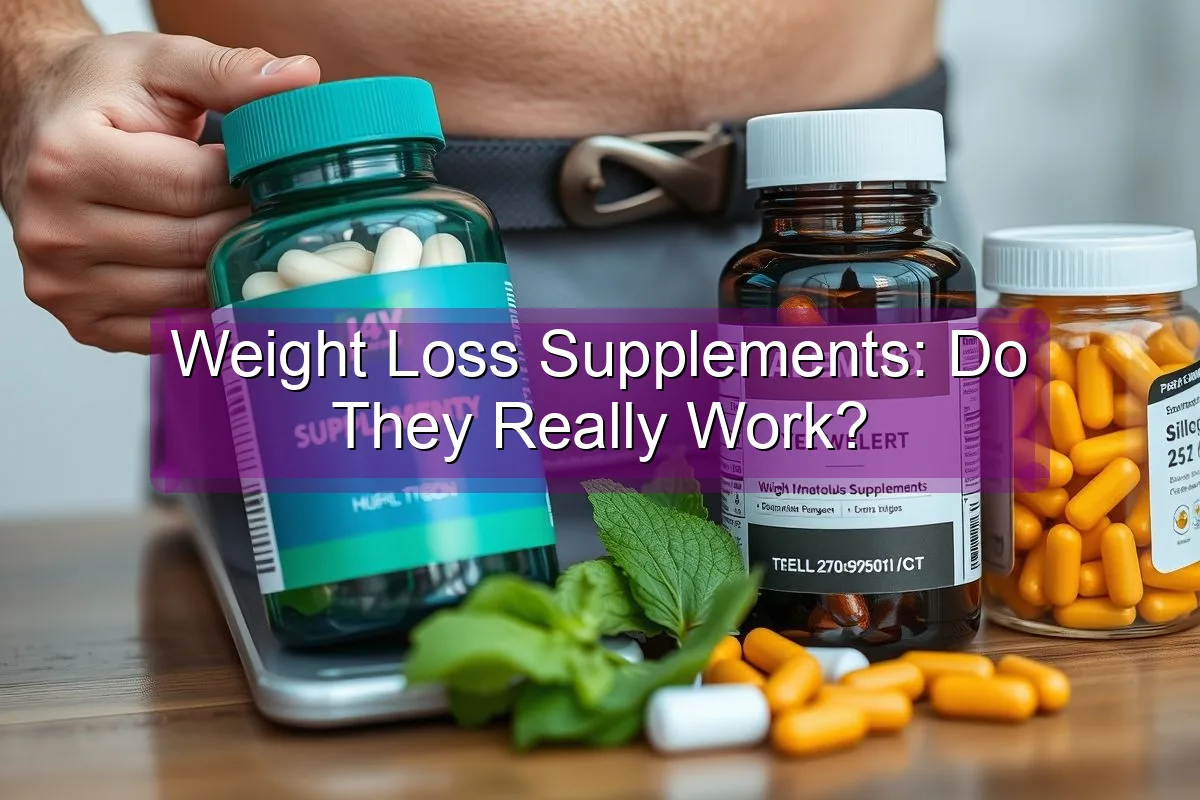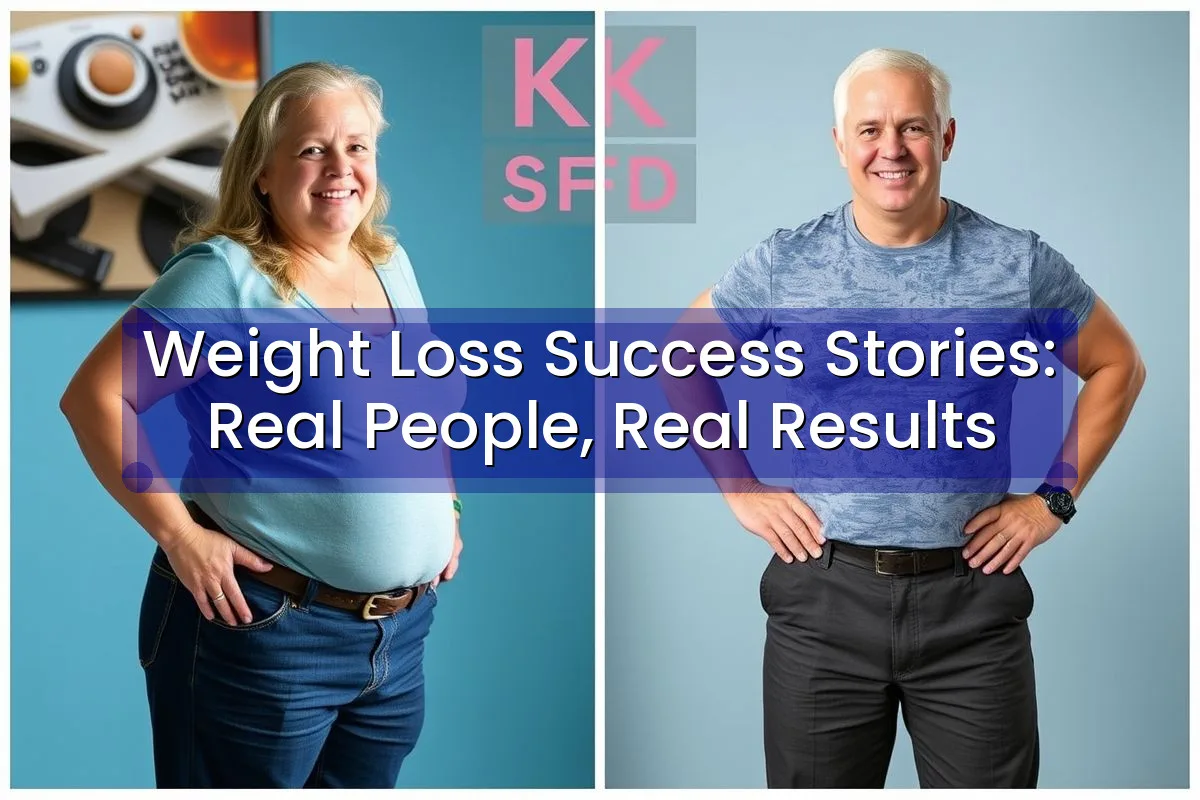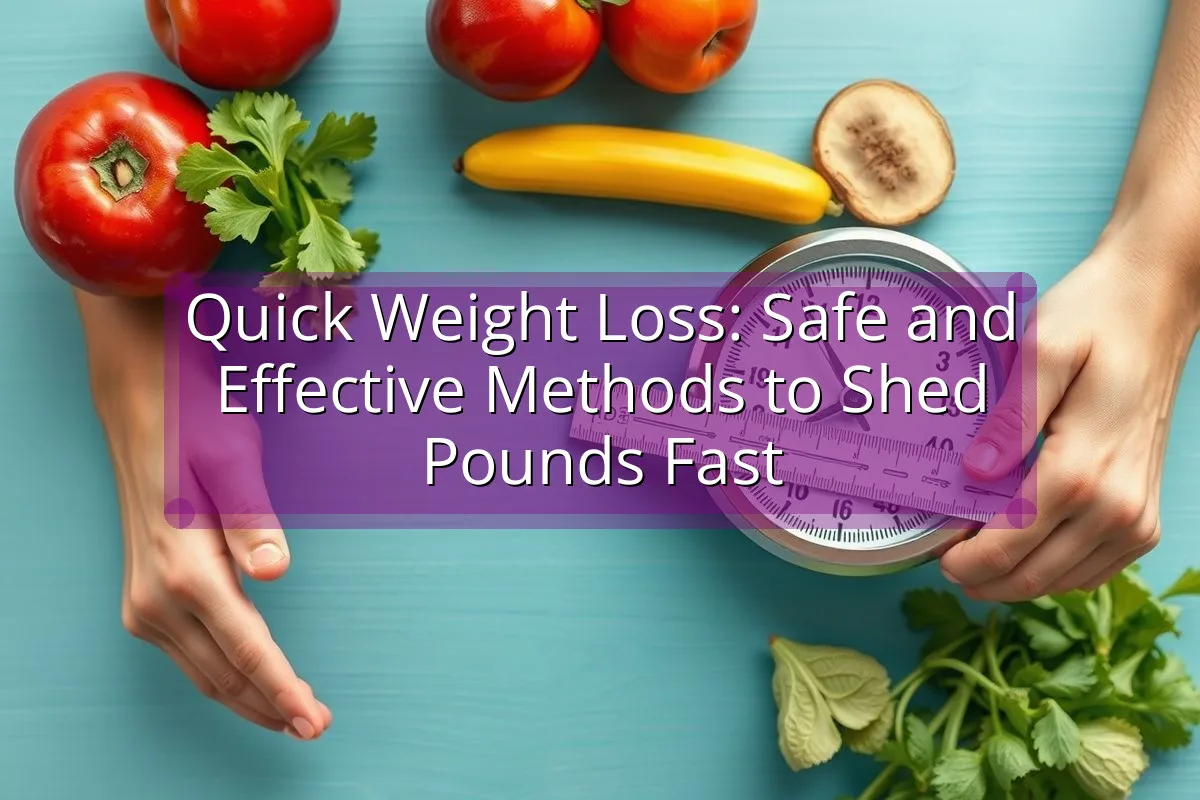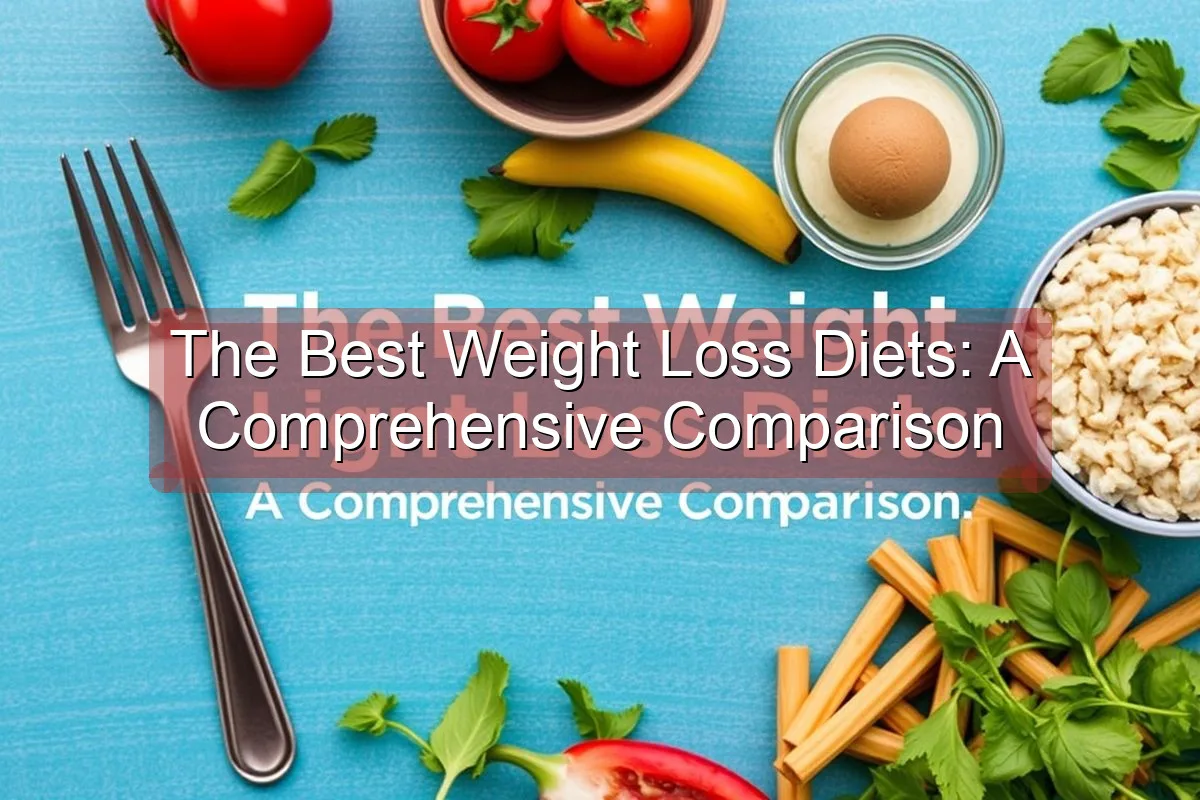Weight Loss Supplements: Do They Really Work?

The quest for a slimmer, healthier physique has fueled a multi-billion dollar industry: weight loss supplements. From over-the-counter pills to powders promising rapid results, the market is flooded with options. But do these weight loss supplements actually live up to the hype? Are they a safe and effective way to shed those extra pounds, or are they simply a waste of money – or worse, a risk to your health? This article delves into the world of weight loss supplements, examining their effectiveness, safety, and what you should consider before incorporating them into your weight loss journey.
The allure of a quick fix is undeniable. The promise of effortless weight loss, without the need for strict diets or rigorous exercise, is incredibly tempting. However, it’s crucial to approach these claims with a healthy dose of skepticism. While some supplements may offer modest benefits in certain individuals, they are rarely a magic bullet. Understanding the science behind these products, their potential risks, and the importance of a holistic approach to weight loss is essential for making informed decisions.
Ultimately, achieving sustainable weight loss requires a combination of factors, including a balanced diet, regular physical activity, and healthy lifestyle habits. Weight loss supplements may play a supporting role, but they should never be considered a substitute for these fundamental principles. This article aims to provide you with the knowledge and insights you need to navigate the complex world of weight loss supplements and make choices that are right for your individual needs and goals.
Understanding Weight Loss Supplements
Types of Weight Loss Supplements
The term “weight loss supplement” encompasses a wide range of products, each with its own purported mechanism of action. These supplements can be broadly categorized based on their ingredients and intended effects. Some common types include:
- Fat Burners: These supplements often contain stimulants like caffeine and green tea extract, which are believed to increase metabolism and promote fat oxidation.
- Appetite Suppressants: These products aim to reduce hunger and cravings, making it easier to consume fewer calories. They may contain ingredients like fiber, which creates a feeling of fullness.
- Carb Blockers: These supplements are designed to inhibit the digestion and absorption of carbohydrates, reducing the number of calories absorbed from food.
- Fat Blockers: Similar to carb blockers, these supplements aim to prevent the absorption of dietary fat.
- Diuretics: These supplements increase urine production, leading to temporary weight loss due to water loss. However, this is not a sustainable or healthy approach to weight management.
It’s important to note that the effectiveness and safety of these different types of supplements can vary significantly. Some ingredients may have limited scientific evidence to support their claims, while others may pose potential health risks.
Furthermore, the regulatory landscape for dietary supplements is less stringent than that for prescription drugs. This means that manufacturers are not required to prove the safety or effectiveness of their products before they are marketed to consumers. As a result, it’s crucial to do your research and choose supplements from reputable brands that have been independently tested for quality and purity.
The Science Behind the Claims
Many weight loss supplements make bold claims about their ability to help you lose weight quickly and effortlessly. However, it’s essential to examine the scientific evidence behind these claims before investing in any product. While some ingredients have been shown to have some effect on weight loss, the results are often modest and may not be significant enough to produce noticeable results. The best weight loss supplements include ingredients such as:
Caffeine: A stimulant that can increase metabolism and fat oxidation. However, it can also cause side effects like anxiety, insomnia, and increased heart rate.
Green Tea Extract: Contains antioxidants called catechins, which may promote fat burning. However, the effects are generally small.
Fiber: Can help you feel fuller, leading to reduced calorie intake. However, it can also cause bloating and gas.
Conjugated Linoleic Acid (CLA): A fatty acid that may help reduce body fat. However, the evidence is mixed, and some studies have shown no effect.
It’s also important to be aware that many studies on weight loss supplements are small, poorly designed, or funded by the supplement industry, which can introduce bias. Therefore, it’s crucial to critically evaluate the evidence and consult with a healthcare professional before taking any supplement.
Potential Risks and Side Effects
Health Concerns and Interactions
While some weight loss supplements may appear harmless, they can pose significant health risks, especially when taken in high doses or in combination with other medications. Some common side effects include:
- Digestive Issues: Nausea, vomiting, diarrhea, and constipation are common side effects of many weight loss supplements.
- Cardiovascular Problems: Some supplements can increase heart rate, blood pressure, and the risk of heart arrhythmias.
- Liver Damage: Certain ingredients, such as green tea extract and garcinia cambogia, have been linked to liver damage in some individuals.
- Anxiety and Insomnia: Stimulant-based supplements can cause anxiety, insomnia, and nervousness.
It’s also important to be aware of potential interactions between weight loss supplements and prescription medications. Some supplements can interfere with the absorption, metabolism, or excretion of medications, leading to decreased effectiveness or increased risk of side effects. Always inform your doctor about any supplements you are taking, especially if you are taking medications for chronic conditions.
For example, St. John’s Wort, sometimes found in “mood boosting” weight loss supplements, can significantly interact with antidepressants, birth control pills, and blood thinners. Similarly, high doses of green tea extract can interfere with blood clotting medications. Consulting with a healthcare professional is crucial to avoid potentially dangerous interactions.
The Importance of Consulting a Doctor
Before taking any weight loss supplement, it’s essential to consult with your doctor or a registered dietitian. They can help you assess your individual needs and risks, and determine whether a supplement is appropriate for you. They can also advise you on the proper dosage and potential side effects.
Your doctor can also help you identify any underlying medical conditions that may be contributing to your weight gain. In some cases, weight gain can be a symptom of a hormonal imbalance, thyroid disorder, or other medical condition. Addressing these underlying issues may be more effective than taking a weight loss supplement.
Furthermore, your doctor can help you develop a comprehensive weight loss plan that includes a balanced diet, regular physical activity, and healthy lifestyle habits. This holistic approach is more likely to lead to sustainable weight loss than relying solely on supplements. Remember, there’s no magic pill, and a healthy lifestyle is the cornerstone of effective weight management.
Building a Sustainable Weight Loss Plan
Diet and Exercise Fundamentals
The foundation of any successful weight loss plan is a healthy diet and regular exercise. No supplement can replace the benefits of these fundamental principles. A balanced diet should include plenty of fruits, vegetables, whole grains, and lean protein. It’s also important to limit your intake of processed foods, sugary drinks, and unhealthy fats.
Regular physical activity is also crucial for weight loss and overall health. Aim for at least 150 minutes of moderate-intensity aerobic exercise or 75 minutes of vigorous-intensity aerobic exercise per week. You should also incorporate strength training exercises to build muscle mass, which can help boost your metabolism.
Creating a sustainable weight loss plan involves making gradual changes to your lifestyle that you can maintain over the long term. Avoid fad diets or extreme measures that are difficult to stick to. Instead, focus on making small, realistic changes that you can incorporate into your daily routine. For example, you could start by adding one serving of vegetables to each meal, or by walking for 30 minutes a day. These small changes can add up to significant results over time.
Lifestyle Changes for Long-Term Success
In addition to diet and exercise, other lifestyle factors can also play a significant role in weight loss. Getting enough sleep, managing stress, and staying hydrated are all important for maintaining a healthy weight. Lack of sleep can disrupt hormones that regulate appetite, leading to increased cravings and weight gain. Stress can also trigger overeating and weight gain. Staying hydrated can help you feel fuller and reduce your calorie intake.
Mindful eating is another important strategy for weight loss. This involves paying attention to your hunger and fullness cues, and eating slowly and deliberately. Avoid distractions like television or your phone while you are eating. This will help you savor your food and avoid overeating.
Finally, it’s important to be patient and persistent. Weight loss is a journey, not a destination. There will be setbacks along the way. Don’t get discouraged if you don’t see results immediately. Just keep making healthy choices and focusing on your long-term goals. With consistency and dedication, you can achieve your weight loss goals and maintain a healthy weight for life.
Evaluating Weight Loss Supplements: A Critical Approach
Reading Labels and Understanding Ingredients
Navigating the world of weight loss supplements requires a discerning eye and a commitment to understanding product labels. Manufacturers are required to list ingredients, but the presentation can be misleading. “Proprietary blends” often hide the specific quantities of each ingredient, making it difficult to assess the effectiveness or potential risks. It’s crucial to research individual ingredients and understand their purported mechanisms of action, as well as any potential side effects or interactions.
Be wary of products that make unrealistic claims or promise rapid weight loss without any effort. These claims are often too good to be true and may be indicative of a scam. Look for supplements that have been independently tested by third-party organizations like NSF International or USP. These certifications indicate that the product has been tested for purity, potency, and contaminants.
Here’s an example of how to critically evaluate a supplement label. Suppose a product claims to “boost metabolism” and lists “green tea extract” as an ingredient. While green tea extract has some evidence supporting its role in fat oxidation, the label doesn’t specify the amount of extract per serving. Without this information, it’s impossible to determine whether the product contains a clinically relevant dose. Furthermore, consider the other ingredients listed and research their potential interactions with green tea extract or with any medications you are currently taking.
Spotting False Claims and Marketing Hype
The weight loss supplement industry is rife with misleading marketing tactics and exaggerated claims. Be skeptical of products that promise miraculous results or claim to work without any diet or exercise. These claims are often designed to prey on people’s desire for a quick fix.
Look out for phrases like “scientifically proven,” “doctor recommended,” or “breakthrough formula.” These claims may sound impressive, but they are often used to create a sense of credibility without any real evidence. Verify any claims with independent research and consult with a healthcare professional.
| Claim | Reality |
|---|---|
| “Lose 10 pounds in a week!” | Rapid weight loss is often due to water loss and is not sustainable. |
| “Burns fat while you sleep!” | No supplement can magically burn fat without any effort on your part. |
| “Clinically proven to work!” | Verify the study’s methodology, sample size, and funding source. |
Pay attention to testimonials and reviews. While personal experiences can be helpful, they are often biased or fabricated. Look for reviews from reputable sources and consider the overall consensus. Remember that individual results may vary, and what works for one person may not work for another.
Sıkça Sorulan Sorular
“`















Leave a Reply